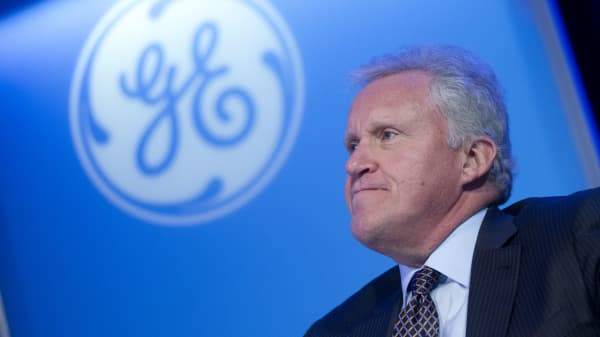Donald Trump got some of his loudest campaign cheers with a simple pledge to "get tough on trade."
Now the president-elect and his supporters will find out how complex that goal will be.
As with many of his proposed policies, Trump spoke only in broad outlines during the 18 months he rallied his support.
As the new Trump administration begins to take shape, the direction of those policies will be heavily determined by the legacy of decades of global trade treaties, occasional disputes and well-established international law.
But a lot will depend on the people he chooses to represent U.S. trade interests.
One of those key appointments will be the U.S. trade representative, a Cabinet-level job overseeing hundreds of employees and offices around the world. Since its formation in 1962, the position has been tasked with overseeing the global flow of trillions of dollars of U.S. goods and services with the rest of the world.
One early indication of where a Trump administration would steer U.S. trade policy came this summer with the appointment of Dan DiMicco, former CEO of Nucor Corporation, as his trade advisor.
Nucor, the largest U.S. steel producer, is a scrappy survivor of the massive consolidation of the American steel industry that shed millions of jobs in the 1970s and 1980s as the nation's backbone supplier of postwar manufacturing fell into decline.
That industry was born in the geographic intersection of rich deposits of steel's two main ingredients: Pennsylvania coal and Michigan iron ore. Those two states sent Trump to the White House on Election Day.
Today, the fiery forges that once melted raw iron to build U.S. skyscrapers, consumer appliances and family station wagons have largely gone cold.
Under CEO DiMicco, Nucor, now North America's largest recycler, survived the decline of Big Steel by building a business melting down scrap steel produced by others — some 17 million tons last year.
Last month, Trump promised to restore the Midwest as the "manufacturing hub of the world again" and "fight for steel businesses that have been taken away."
"We're going to bring back steel," he told a cheering crowd. "Your steel has been stolen from you."




